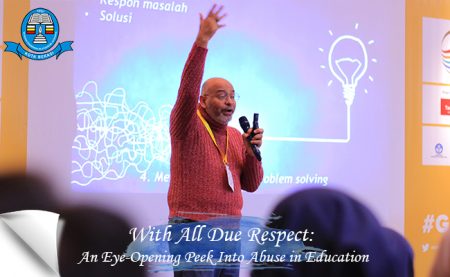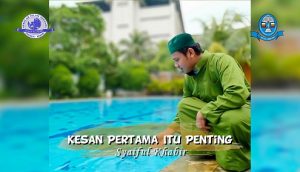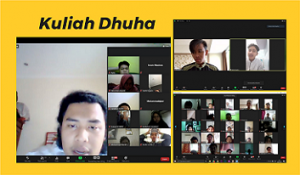JAKARTA(18/9)–Working as an assistant to a prominent name in education is an experience of its own genre, especially when I accompany my boss to Very Big, Very Important Education Conferences. Okay, okay, I’m mostly kidding but also kind of not. Munif Chatib’s one-hour session under the Leadership Stream banner at Global Education Supplies & Solutions (GESS) Indonesia 2019 was packed with curious, eager-to-learn educators and then some. It was an experience, all right.
Chatib’s topic for that first day was “How to Avoid Abuse” and I would admit to being apprehensive of how he was going to tackle such broad yet important and crucial issue in an hour. His solution was to approach the presentation the exact way this issue exists: he did it broadly and treated it as important and crucial. He was never trying to kid us into thinking he would ever be able to really discuss the entire issue in under one hour and I, and I’m sure the audience, appreciated that.
A guest star in the shape of an eleventh-grade social studies boarding school student from SMAIT Insan Mandiri Cibubur, M. Riadi S, made an appearance and it might have been the breath of fresh air the entire conference needed. There was a conference—or an exhibition, what have you—about education and it was filled to the brim with educators and those in and around the industry with a distinct absence of a critical variable of the equation: students. Chatib sensed this shortcoming and proceeded to bring a student along to his session to give what educators really needed, a student’s perspective. Riadi was given the stage for a short period of time and he told us about his experience with abuse from his seniors in his previous school.
As I’ve mentioned before, Chatib didn’t exactly dig too deep into this issue simply because the time was very limited. However, he made sure to go broad enough and thorough enough to give his audience a lot to think of when they came home for the day. His presentation grazed the surfaces of different kinds of abuse, different ways abuse could occur, different ways educators might be able to stop it from happening. He mentioned the way pressure, order, and doctrine could be used as forms of abuse and perpetuated even longer cycles of abuse. I could see that for a lot of his audience, his session was eye-opening.
At the very end of his session in which he was trying to demonstrate how big of a difference it made to discover abilities instead of disabilities—in a non-fancy term, it was to look for the positives instead of the negatives—he told his audience to look to their right or left to find a partner. After that, he simply told these total strangers to say one good thing about each other right away. They did and then they all giggled and laughed. Compliments and laughter—I thought it was a perfect way to end a grim session regarding a heavy topic such as abuse with a bright, hopeful note.
—Nazalea Kusuma




